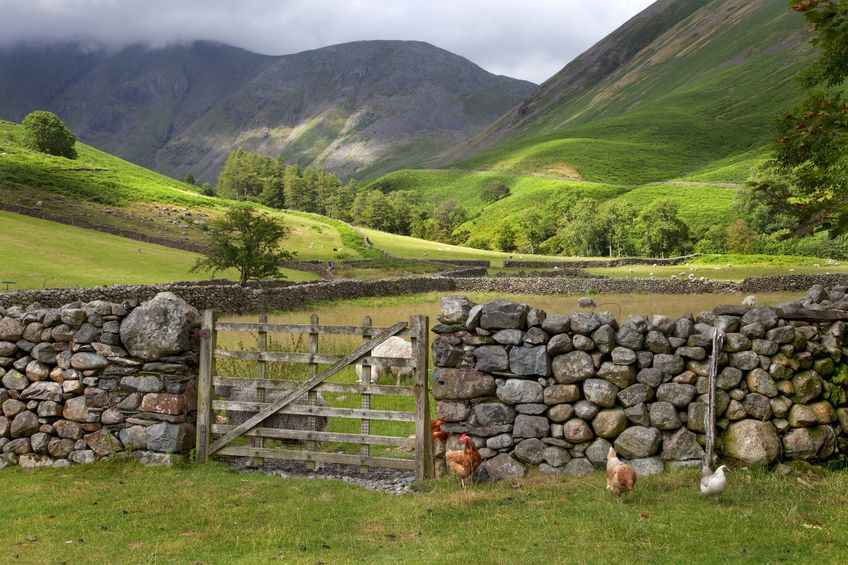
The Scottish Government has announced an extension to the application period under the Scottish Upland Sheep Support Scheme (SUSSS).
The scheme, worth around £6 million, is designed to assist active hill farmers and crofters through a payment coupled to the number of ewe hoggs they keep as breeding replacements for their flocks.
The extension will provide greater flexibility, and will reflect the poor weather and the difficulties that farmers and crofters have in trying to gather hill sheep at that time of year.
Due to the poor weather last year, the 2017 scheme application period was temporarily extended. The announcement by Scottish Government makes that extension permanent.
The SUSSS application period will now run from 1 September to 30 November (previously 1 September to 16 October) and the retention period will be from 1 December to 31 March the following calendar year (previously 17 October to 31 March).
'More effective'
Chairman of NFU Scotland’s Less Favoured Areas committee, Robert MacDonald, who farms at Grantown on Spey, said the new rules will now make the scheme more effective, giving people time to access hill ground.
“The previous application window meant that some had to rush to gather eligible animals and, for some, this gathering would have overlapped with the stag stalking season,” Mr MacDonald said.
“The Union and our LFA Committee has been consistent in its calls for changes to SUSSS. Given the importance of this support package to hill farmers and crofters, it’s vital that the scheme performs effectively for those who are eligible.
“Last year we saw the welcome temporary change to deadlines by the Scottish Government due to the weather, and this gave people time to gather eligible animals.
Mr MacDonald added: “The problems with the weather in 2017 were exceptional but, by no means, a one-off and it’s therefore welcome to see the Scottish Government make these changes permanent going forward.”
